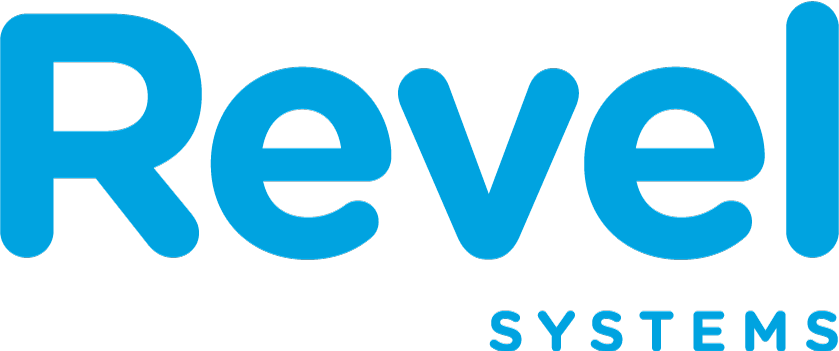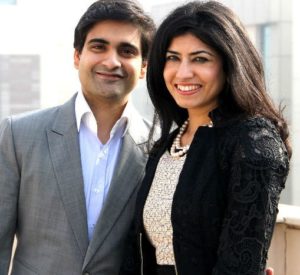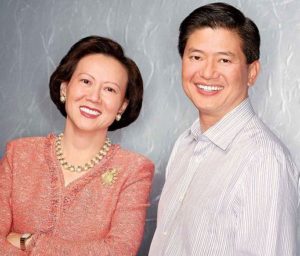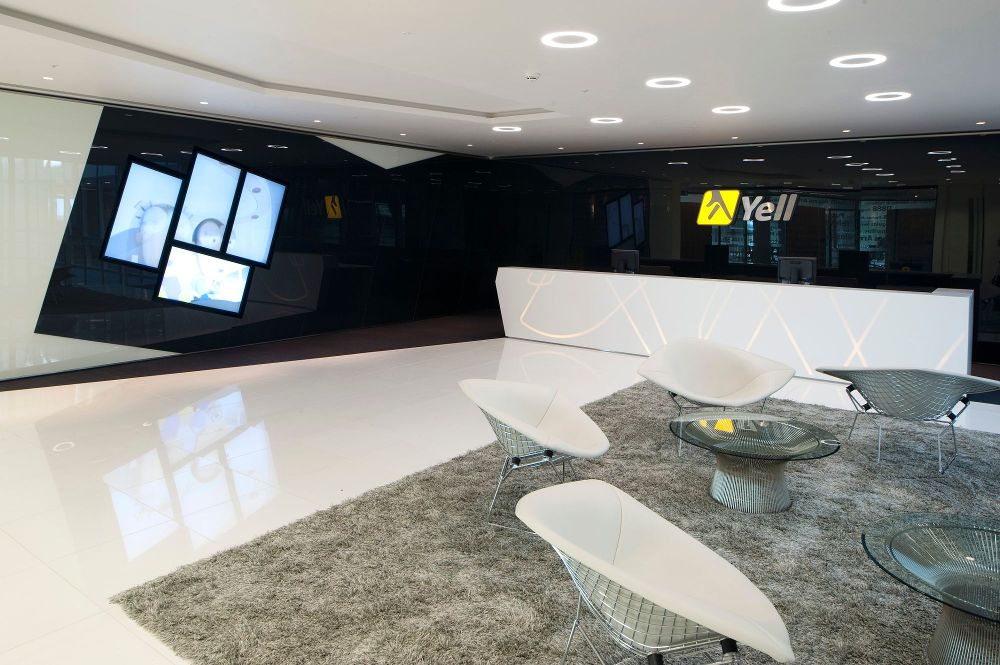Revel Systems : A Point of Sale Platform Transforming the Way People Do Business
Whether it is to manage a small store or a big inventory, keeping the records, the money, and the inventory properly is the most difficult task. To solve these problems, the POS (Point of Sale) systems have been the saviours for the business owners. And one of the most popular POS software is developed by Revel Systems, a company that was founded by Lisa Falzone and Chris Ciabarra in 2010.
Lisa Falzone
Falzone was a Stanford alumnus and graduated in 2007. While in college, she participated in swimming competitions for Stanford, and won two conference title in 2004 and 2005, as the Cardinal swimming program member.
Her participation in swimming landed her, her first job as a swimming instructor. Along with that, she even completed different internships in various fields, including finance, public relations, marketing, human resources, and venture capital.
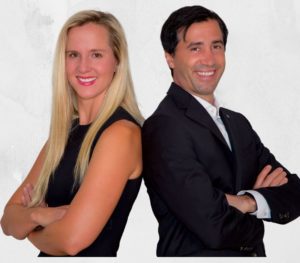
Despite good scope in swimming, she was always interested in entrepreneurship and starting her business. Her first venture was a bathing suit distribution company. She had also started a business to sell kids’ toys which became quite popular. And before starting Revel, she even built a website, where people could sell their expertise, meaning, they could teach people their skills online.
Meanwhile, when life was going really smooth, she, while moving a couch, injured her backbone, and was bedridden for a long time. Being a workaholic, she started a new blog, where she used to put inspirational quotes and stories.
Chris Ciabarra
Ciabarra, on the other hand, was another serial entrepreneur. He is an Italian-American, who had been building and selling websites since he was in high school. He completed his Bachelor’s degree in computer science from the Kutztown University of Pennsylvania in 2000. In 2004, he joined the Alvernia University, where he finished a master’s degree in Business Administration.
With an entrepreneurial soul, Ciabarra started his first successful business, a security software firm, Network Intercept. Other than that, he even built Interceptor.net, Scan-on-the-Go Secure, Adrenaline cell phone app, and Nano-stealth. He is a member of the Forbes Technology Council, and the International Frozen Yogurt Association.
Founding Revel Systems
While Falzone was running her blog, Ciabarra came into her contact through the same blog. Ciabarra was a regular visitor of the blog and used to comment on the blogs regularly. Soon, the two became good friends, and the two eventually ended up launching an iPhone ordering app.
The users could easily see the iPhones, select one, and order it through the app. Later in 2010, this partnership among the two led to founding Revel Systems, a company that makes iPad point of sale systems. The company integrates with third-party vendors, and has an open API, allowing others to customize the POS system.
Revel Systems develops Point of sale systems that can be operated from both mobile devices (Apple) as well as via Web browser, connecting devices like a receipt printer, cash drawer, and card swipe. Revel Systems have further extended its service to the retail, restaurant and kitchen services like Retail POS, Grocery POS, Drive-through POS, Food Truck POS, and Restaurant POS, etc. These systems are customizable such that the users can change the settings according to their needs. The end users can easily make online orders through Facebook and Twitter integration on the platform.
The Success
The company’s idea had a great impact on the investors, such that in just one year, the company received $3.7 million in funding from DCM. In 2014, Revel partnered with Intuit Inc., and the latter also led the Series C-2 round for the company. The partnership was to together create Quickbooks Point for Intuit Inc.
In 2015, the company hosted its Series C round of funding receiving $110 Million in funding with a $13.5 Million from Roth Capital Partners. Revel Systems partnered with Apple Computers and became a member of the Apple Enterprise Mobility Program in the same year. The next year, Revel partnered with Shell Global.
The company has also partnered with major payment service providers, including PayPal, FirstData, Mercury Payments, LevelUp, etc. The company has also started reward programs for users by partnering with LevelUp, Punchh, LoyalTree, and Synergy.
The company’s major clients include Popeye’s Louisiana Kitchen, Forever Yogurt, Little Caesars Pizza, Rocky Mountain Chocolate Factory, Twistee Treat, etc.
Awards and Recognition
Revel Systems was #1 in the “Best iPad POS Systems” in the Business News Daily list. In 2013, the Revel Systems’ app was named Best Retail app by the Tabby Awards.
Falzone, for her contribution to the tech world, got recognized as one of the 30 Most Important Women Under 30 in Tech by Business Insider. Forbes Magazine also named her in the 30 under 30 list. Falzone was ranked #19 on the 40 Under 40 list by Fortune Magazine. She was also among the Eight Rising Stars in the Forbes list.

Yashica is a Software Engineer turned Content Writer, who loves to write on social causes and expertise in writing technical stuff. She loves to watch movies and explore new places. She believes that you need to live once before you die. So experimenting with her life and career choices, she is trying to live her life to the fullest.
